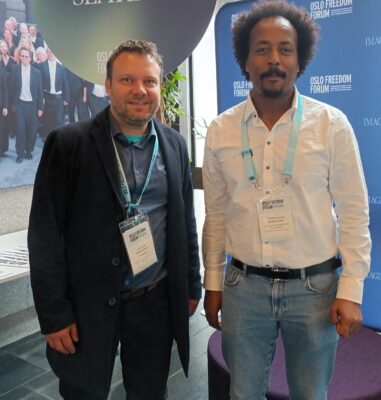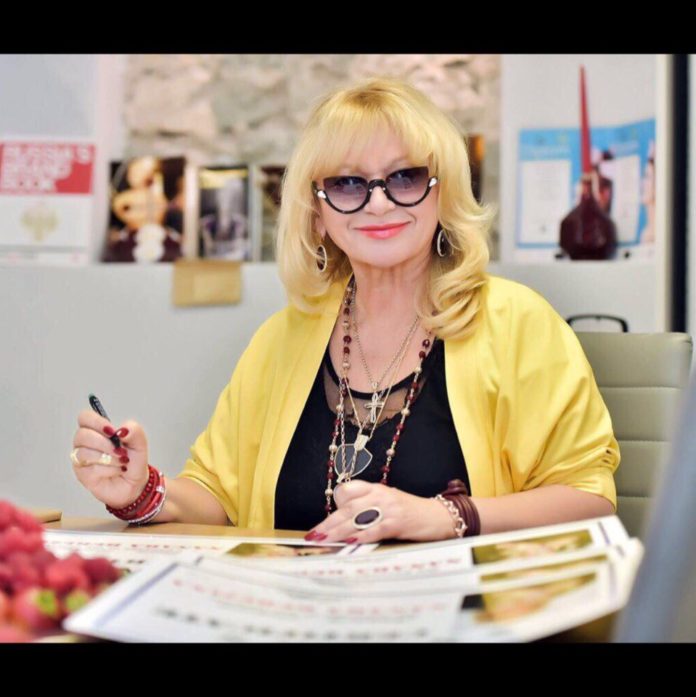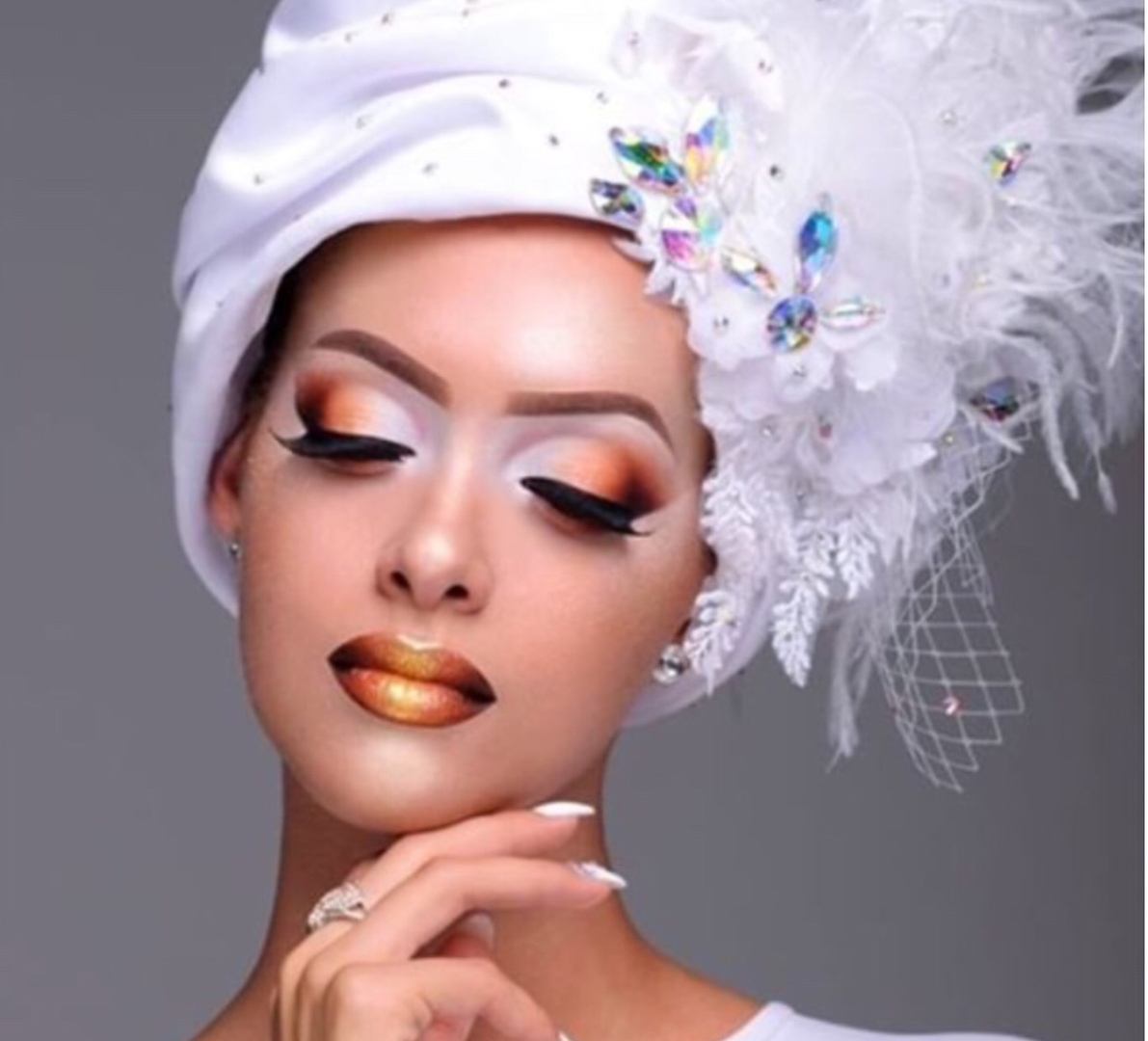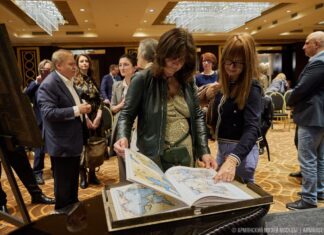YEREVAN/MOSCOW — Nanara Berezina, a leading beautician and makeup artist in Russia, world champion, creative director of the aesthetic section of the World Organization of Hairdressers, coach of the Russian national team for decorative cosmetics, teacher at the Dolores Academy of Hairdressing and the SPiKR Training Center, World Trainer, Golden Trainer of the World, laureate of international competitions, is a pioneer in her profession.
She was born in Armenia, lived in Nalchik (Kabardino-Balkaria, North Caucasus) and then moved to Moscow, where she still lives. She graduated from Moscow State University with a degree in biology. Back in Soviet times, she was the main coach of the USSR national team of beauticians, as well as an international judge. Since 1982, her works has received prizes at all international competitions for makeup artists and beauticians, including 18 gold medals.
Berezina made a tremendous contribution to the development of the Russian and international competition movement of makeup artists. For her, makeup is an art created on women’s faces and bodies…
Dear Nanara, can we say that you are the founder the Russian school of makeup artists?
The founders of makeup art in the USSR were Dolores Kondrashova, S. F. Mozheleva and T. I. Karsova. It was a laboratory where specialists from all over the Soviet Union were trained.
When I started my competitive career in the 1970s, the terms included daytime and evening makeup. It was boring for me, I wanted to complicate things, make them more creative. There was haute couture in clothes, and I wanted to create haute couture in makeup to go with the beautiful dresses. I came up with the phrase “Runway Makeup” competition. This was included in all countries in their championships, and to this day everyone uses it. Then I created makeup for young people — prom, then wedding makeup.










